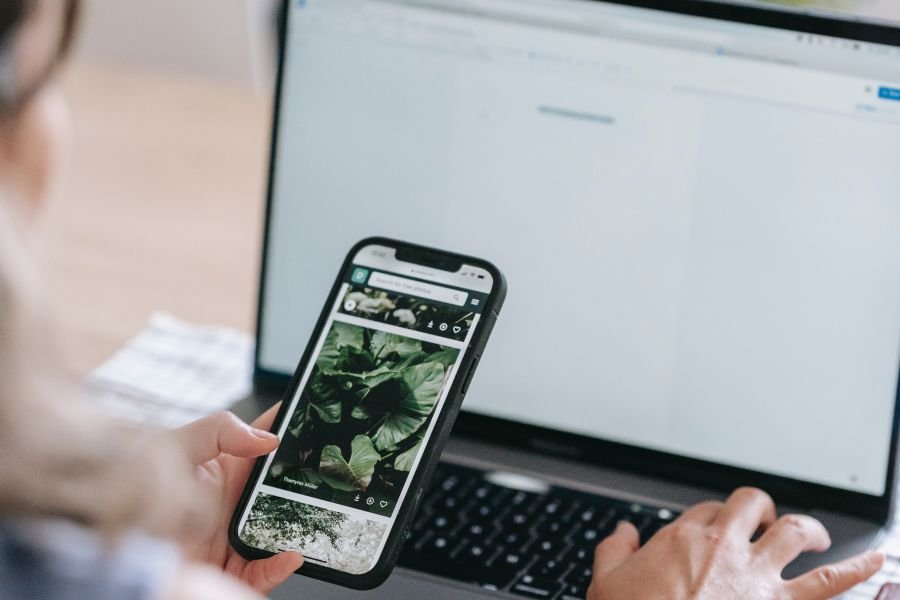Social media is a big part of life for many people. On the surface, there’s nothing wrong with that. It’s a great way to stay connected with people you don’t regularly get to see. It’s useful for sharing information with friends and family. Throughout the COVID-19 pandemic, it’s been a wonderful way to feel a sense of community when social distancing was the norm.
But, there are major downsides to social media, too.
In fact, there have been multiple studies on the effects of social media on mental health. Most of those studies have found that the more time people spend on social media platforms, the more depressed they are.
So what’s the connection? Why can spending so much time on social media cause you to feel down, or fuel an existing bout of depression?
Let’s take a closer look at the link.
A Highlight Reel of People’s Lives
One of the biggest reasons it’s easy to get depressed over social media is envy. You might scroll through your Facebook feed and see pictures of your friends and family doing exciting things, smiling, laughing, etc.
Or maybe someone posted an inspirational quote. Someone else may have gotten a new car, a new job, or they’re in a new relationship.
It’s easy to feel envious of other people’s lives when they all seem to be so perfect.
But think about how realistic that actually is.
Most social media posts are nothing more than a highlight reel of people’s lives. They want to put the best of themselves out into the world. But they aren’t showing the everyday “problems” they face, just like everyone else.
Think about your own social media posts. Chances are, you’re more likely to share happy and exciting moments than talk about times when you’re feeling down. Everyone else is thinking the same thing. So, it’s important to take what you’re seeing online with a grain of salt. No one’s life is perfect, and you never know what’s going on behind the scenes.
The Desire to Be “Liked”
In addition to social media appearing perfect, there is a second aspect to it that can fuel depression. Most platforms allow you to “like” whatever is shared. Every site has its own way of doing it, but there is always a way to give and receive some kind of kudos from friends and family.
In this way, social media can fuel anxiety. Once you share something, you might wait on pins and needles to see who “likes” it. You might have a certain number in your head that will make you satisfied in how many of those “likes” you get.
If that number falls short, it’s not hard to let your mind wander and to start feeling very low, very quickly.
There are many things that come into play with likes and interaction on social media. Sometimes, algorithms keep people from seeing what you share. Other times, someone might just quickly scroll by your post. Rarely is a “like” missed because someone feels negatively toward you. But it’s easy to feel that way.
Stepping Away From Social Media
Those same studies that found social media can contribute to depression found the opposite to be true, as well.
If you step away from social media, even for a short period of time, your symptoms of depression can improve. So, if you’re feeling weighed down by your own social media presence, there’s a quick fix. Limit your time, or quit altogether for a while, and see how much of a difference it can make. Focus more on real-world experiences, and you’ll quickly see how trivial a digital life can be. Contact us today to better your situation, 256-686-9195.

